Posts Tagged 'research'
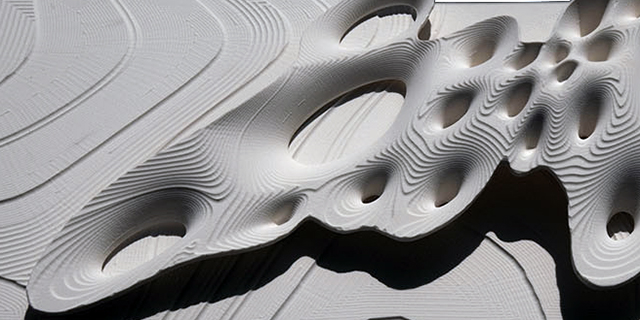
Parametric Semiology – Semiotic Potentials of tectonically articulated Shell Structures
This paper, the latest in a series of investigations further developing the idea of Parametric Semiology, was initially written and accepted to be presented and published at this year’s IASS conference in Amsterdam, however unfortunately I was unable to attend

Parametric Semiology – Semiotic Potentials of tectonically articulated Shell Structures
This paper, the latest in a series of investigations further developing the idea of Parametric Semiology, was initially written and accepted to be presented and published at this year’s IASS conference in Amsterdam, however unfortunately I was unable to attend
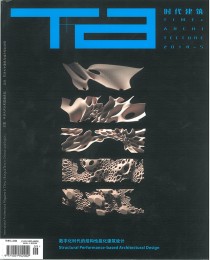
T+A … structural semiology
STRUCTURAL SEMIOLOGY is the title of my latest article, that is going to be published in the forthcoming issue 05/2014 of Time + Architecture, one of China’s most inflluential architecture magazines. As it is going to be published in Chinese

T+A … structural semiology
STRUCTURAL SEMIOLOGY is the title of my latest article, that is going to be published in the forthcoming issue 05/2014 of Time + Architecture, one of China’s most inflluential architecture magazines. As it is going to be published in Chinese
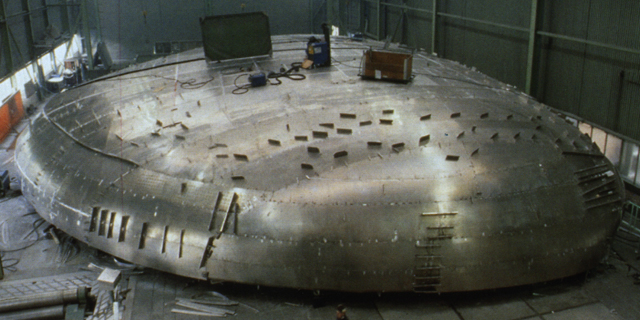
planes, trains and media centres – part 2
The construction of the Lord’s Cricket Ground Media Centre, planned by Future Systems, in 1998 is widely regarded as a major breakthrough in modern architecture, being the first building entirely constructed according to principles of ship building technologies. After tracing

planes, trains and media centres – part 2
The construction of the Lord’s Cricket Ground Media Centre, planned by Future Systems, in 1998 is widely regarded as a major breakthrough in modern architecture, being the first building entirely constructed according to principles of ship building technologies. After tracing
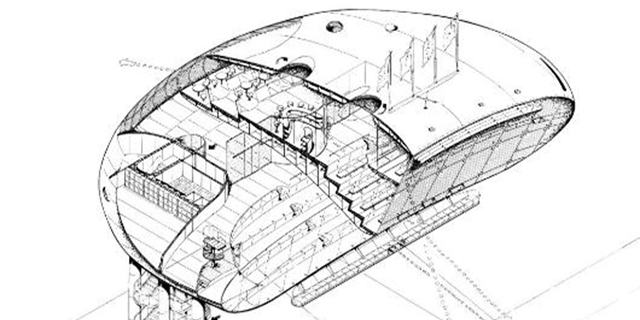
planes, trains and media centres – part 1
In late April 1999 Future System’s Lord’s Media Centre was officially introduced to the public. 14 years on I think it is about time to revisit Jan Kaplicky‘s probably most pivotal building (and the one he was said to like

planes, trains and media centres – part 1
In late April 1999 Future System’s Lord’s Media Centre was officially introduced to the public. 14 years on I think it is about time to revisit Jan Kaplicky‘s probably most pivotal building (and the one he was said to like
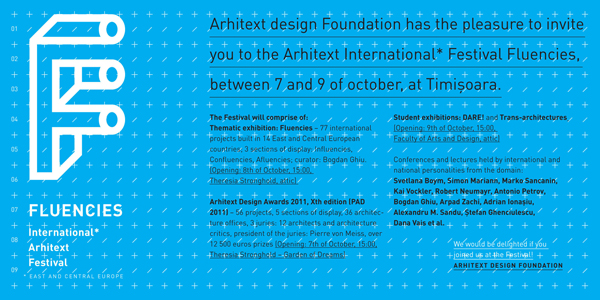
east-centric fluencies
from 7th to 9th of october timisoara (ro) was host to this year’s International Arhitext Festival Fluente / Fluencies. arhitext‘s editor-in-chief arpad zachi and his team managed to squeeze an amazingly intense yet faceted series of lectures, panel discussions, exhibitions,

east-centric fluencies
from 7th to 9th of october timisoara (ro) was host to this year’s International Arhitext Festival Fluente / Fluencies. arhitext‘s editor-in-chief arpad zachi and his team managed to squeeze an amazingly intense yet faceted series of lectures, panel discussions, exhibitions,
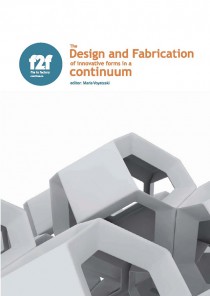
f2f … deep surfaces – digital research & affective material conditions
the conference papers of last year’s f2f conference in crete (greece) have finally been published in the book design and fabrication of innovative forms in a continuum edited by maria voyatzaki. amongst others the book also contains my article ‘deep

f2f … deep surfaces – digital research & affective material conditions
the conference papers of last year’s f2f conference in crete (greece) have finally been published in the book design and fabrication of innovative forms in a continuum edited by maria voyatzaki. amongst others the book also contains my article ‘deep
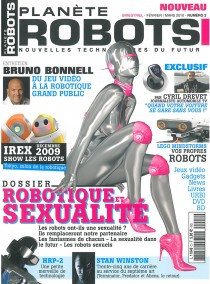
‘planete robots’ trodding down memory lane
5subzero’s 2003 research project topoTransegrity was featured in an article about robotic architecture called ou les immeubles s’animent! by amandine schmitt in the february/march issue of planete robots, a new french magazine about robot culture.

‘planete robots’ trodding down memory lane
5subzero’s 2003 research project topoTransegrity was featured in an article about robotic architecture called ou les immeubles s’animent! by amandine schmitt in the february/march issue of planete robots, a new french magazine about robot culture.
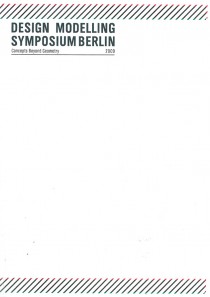
design and modelling symposium 2009 … associative processes
“associative processes“, michael budig and myself’s contribution to the design and modelling symposium 2009 in berlin is being published in the proceedings to the conference. it can also be downloaded here.

design and modelling symposium 2009 … associative processes
“associative processes“, michael budig and myself’s contribution to the design and modelling symposium 2009 in berlin is being published in the proceedings to the conference. it can also be downloaded here.
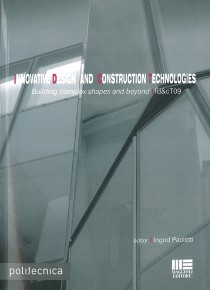
idct … generative processes
“generative processes“, michael budig and myself’s contribution to the innovative design and construction technologies conference 2009 in milanis being published in the proceedings to the conference. it can also be downloaded here.

idct … generative processes
“generative processes“, michael budig and myself’s contribution to the innovative design and construction technologies conference 2009 in milanis being published in the proceedings to the conference. it can also be downloaded here.
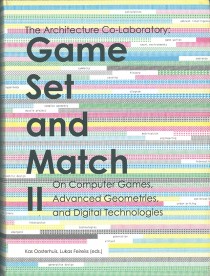
Game, Set and Match II … non linear responsive environments
non linear responsive environments has been published in Game Set and Match II, a publication accompanying the correspondent conference in delft. this paper is the result of a one-and-a-half year long research on adaptive spatial organisations within the framework of

Game, Set and Match II … non linear responsive environments
non linear responsive environments has been published in Game Set and Match II, a publication accompanying the correspondent conference in delft. this paper is the result of a one-and-a-half year long research on adaptive spatial organisations within the framework of